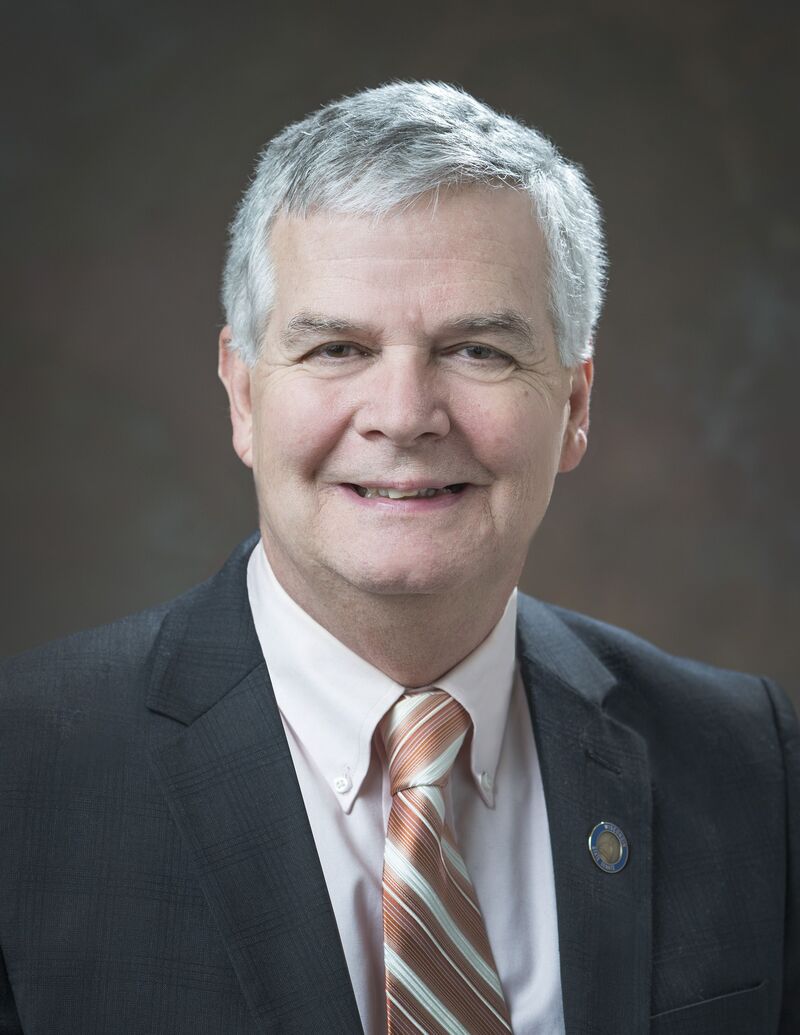There’s quite an interest in genealogy these days. We can now order a kit to learn what ethnicities make up our DNA to better understand our heritage and ancestry. Even beyond this initial discovery, we can connect to unknown relatives. It’s a privilege to learn more about who we are from our ancestry.
Last week, Governor Tony Evers declared the second Monday in October as Indigenous People’s Day. This day is an opportunity for Wisconsinites to recognize the rich ancestral history and cultural impact of Native Americans in our state that often goes unappreciated. Just as important, this day allows us time to reflect on our country’s troubling history towards Native Americans. Together, we should reflect on the diverse ancestries that make up Wisconsin and continue to strive for a more equitable state for all.
For centuries, indigenous people have suffered in many ways while European settlers stole their land and left them displaced. They’ve been victims of genocide, racist government policies and forced assimilation of European customs. Throughout history, popular American culture has portrayed this group in racist, derogatory ways.
Despite the historic and modern day challenges that Native Americans have endured, they still demonstrate enormous pride in their own history and traditions. Their stewardship of the land and water for generations has shown everyone the importance of our environment. We owe a lot to the people of the First Nations. Indigenous people deserve our gratitude and respect.
This legislative session, I’m proud to support initiatives for Wisconsin’s indigenous population. I introduced Assembly Bill 497 that will allow all tribal members to receive in-state tuition through the University of Wisconsin system. This bill will allow our UW System to become a magnet-school for all First Nations People across America. I’ve also sponsored Senate Bill 493 that would create a task force to investigate the unreported epidemic of missing and murdered indigenous women and girls in Wisconsin.
I’m proud to have sponsored Senate Bill 25, which passed into law as Act 250 in 2009 that prohibited the portrayal of Native Americans as a mascot in the state. This legislation passed, but has since been weakened by current legislative leaders. We should put a stop to this racist practice and ban it for good.
In September, I was honored to attend the Labor Day Pow Wow on the Ho Chunk grounds. As an outsider, I was welcomed and even invited to participate. I was impressed by the strong community presence and the traditions practiced. They’re dedicated to preserving their heritage by passing on stories from one generation to the next. Relationships between tribal members ran deep – their closeness between distant relatives was seen in their respect toward each other and their shared respect toward the land.
Recently, my wife and I had a discussion about what it would be like to live in the same place as our ancestors. Before my wife asked, I hadn’t thought too much about it, but it must be amazing for my distant relatives in Norway and Poland. These distant relatives do know what it’s like to know our family’s story and understand our heritage.
We can all agree it is fascinating for people of all backgrounds to learn about ancestral history. We must recognize our heritage – the good, the bad and the progress we continue to make as Americans.
As we observe Indigenous People’s Day in Wisconsin, we must stay committed to valuing the rich diversity of our state. Indigenous People’s Day is long overdue. Let’s all show the respect our state’s indigenous population deserves. It’s time we recognize everything they’ve done to protect this land and honor their contribution to our state.



Add new comment